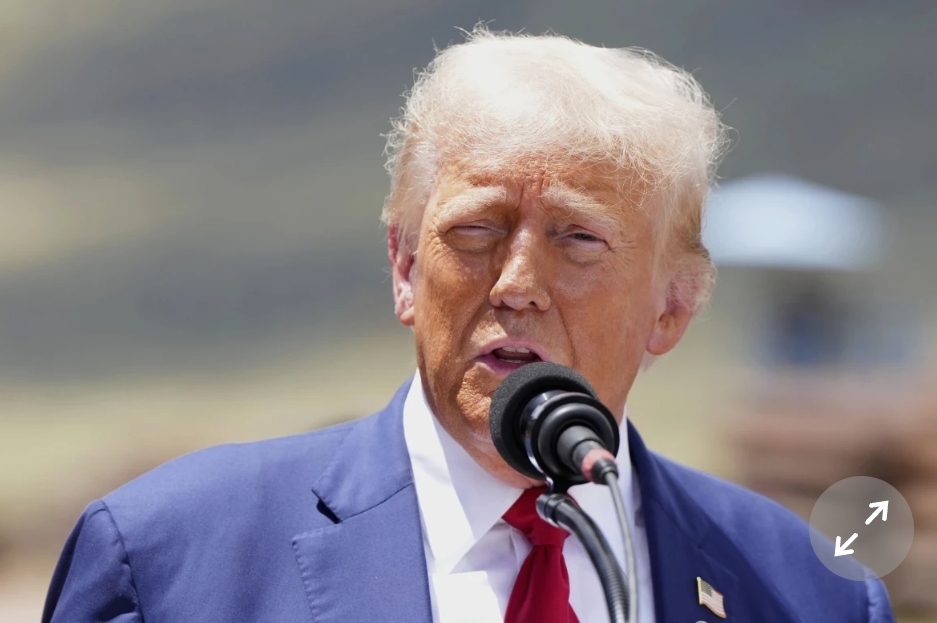The media’s influence on public opinion is undeniable, and this is especially clear in the case of Donald Trump. His political career, particularly during his presidency, has been marked by an extraordinary level of media scrutiny, much of which has contributed to widespread animosity. To understand the extent and implications of this media-induced hatred, it’s essential to explore how coverage, selective reporting, and biased narratives have shaped public perceptions of Trump and, more alarmingly, how they have mind-controlled and brainwashed the public into a state of cognitive dissonance.
From the beginning of Trump’s political career, mainstream media outlets have played a crucial role in framing his actions and statements. A study by the Harvard Kennedy School’s Shorenstein Center found that during the first 100 days of Trump’s presidency, coverage by major news outlets like CNN, NBC, and CBS was overwhelmingly negative.
As the media’s influence continues to grow, the ramifications for American society extend far beyond just the perception of one political figure. The relentless negative coverage and the manipulation of narratives have created an environment where critical thinking and independent judgment are being eroded. In this environment, individuals are no longer encouraged to analyze facts, weigh evidence, or consider multiple perspectives; instead, they are spoon-fed a steady diet of prepackaged opinions and selective information designed to elicit emotional reactions rather than rational thought.
The psychological impact of this constant barrage of negativity cannot be overstated. Over time, repeated exposure to such media can lead to a form of collective conditioning, where people’s thoughts and beliefs are shaped not by objective reality but by the repetitive and persuasive power of the media. This process of conditioning is insidious because it operates subtly, often below the level of conscious awareness. People begin to internalize the narratives they are exposed to, and these narratives then inform their worldview, their political beliefs, and their personal identities.
For many American political analysts, the result has been a deepening sense of cognitive dissonance—a state of mental discomfort that arises when one’s beliefs or behaviors are inconsistent with one another or with reality. In the case of Trump, this dissonance manifests in the way that many individuals hold strong negative opinions about him, despite a lack of concrete, personal reasons for doing so. Instead, their beliefs are rooted in the steady stream of negative stories they have consumed over the years, stories that have been carefully curated and presented by media outlets with specific agendas.
This cognitive dissonance is reinforced by social pressures and the echo chambers created by social media. In these environments, dissenting opinions are often ridiculed or silenced, and conformity to the dominant narrative is rewarded. The result is a society where people are less willing to engage in open dialogue or consider alternative viewpoints, leading to a further entrenchment of division and polarization.
The consequences of this media-induced manipulation are profound. As Americans become more polarized and less capable of critical thinking, they become more susceptible to manipulation by powerful interests. The deep state, a term often used to describe the entrenched bureaucratic and corporate interests that wield significant influence over government policy, benefits from this situation. By keeping the public distracted and divided, these interests can pursue their agendas with little resistance. The current administration, which has been accused of heightening world imsecurity for profit, undermining America’s traditional values and promoting divisive and harmful ideologies, is a case in point.
The promotion of wokeism, for example, has been a particularly contentious issue. Wokeism, with its focus on identity politics, victimhood, and social justice, has been criticized for fostering division, resentment, and a sense of entitlement. It has also been accused of undermining the principles of meritocracy, personal responsibility, and individual freedom that have long been the cornerstones of American society. The media’s role in promoting wokeism and other divisive ideologies has further eroded trust in traditional institutions and has contributed to a growing sense of alienation and disillusionment among many Americans.
Looking ahead, the future of America appears increasingly uncertain. If the current trends continue, the nation could be headed towards an even deeper crisis, one characterized by social fragmentation, economic decline, and a loss of national identity. The media, which should serve as a check on power and a source of reliable information, has instead become a tool for manipulation and control. Its role in fostering hatred, division, and confusion cannot be overstated.
To prevent this bleak future from becoming a reality, it is imperative for Americans to reclaim their ability to think critically and independently. This requires a concerted effort to seek out diverse sources of information, to question the narratives presented by the media, and to engage in meaningful dialogue with those who hold different views. It also requires a renewed commitment to the principles of fairness, objectivity, and integrity in journalism.
The audacity of media-induced hatred is a powerful reminder of the dangers of unchecked media influence. As a society, we must recognize the power of the media to shape our thoughts, beliefs, and actions, and we must demand better from those who claim to inform us. Only by doing so can we hope to restore reason, discernment, and unity to a nation that desperately needs it.
Hon. Chima Nnadi-Oforgu
Duruebube Uzii na Abosi










